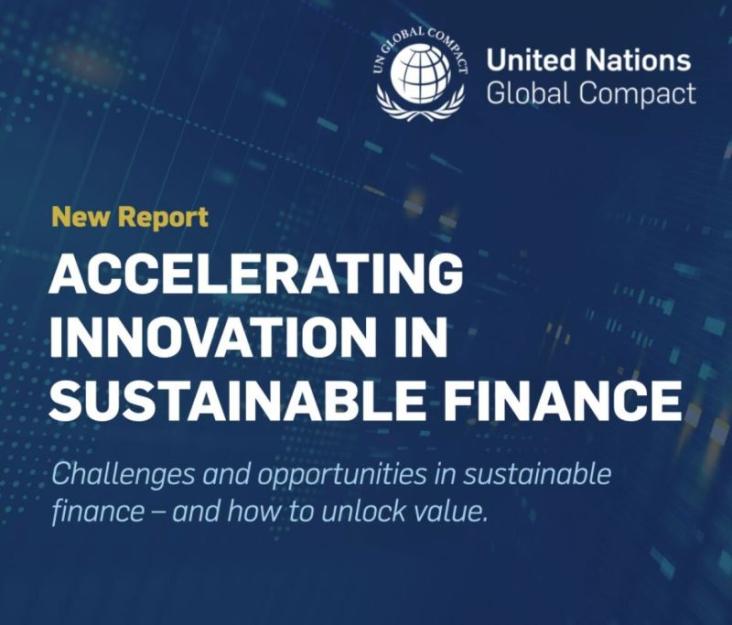This study projects China's agricultural environmental impacts under different socioeconomic pathways, showing that sustainable development (SSP1) could reduce impacts by up to 76% by 2050, while less cooperative scenarios (SSP3) may lead to smaller reductions or increases. The results highlight the critical influence of agricultural policies in driving environmental sustainability and decarbonization across China's regions.
This content aligns with Goal 3: Good Health and Goal 5: Gender Equality by demonstrating the difference by sex in age of presentation with myocardial infarction. It also examines differences in risk factors and in accuracy of prognostic tests between men and women, which had not previouslty been well-described.

In this round up of 2024, we share the Special Collections published on the SDG Resource Centre throughout the year, featuring more than 800 research articles and book chapters made freely available to advance knowledge and accelerate the achievement of the United Nations Sustainable Development Goals by 2030.
The article concludes that the Mediterranean diet (MD) stands out as a model for sustainable and healthy eating, offering significant benefits for both human and planetary health. While it does not outperform vegetarian or vegan diets in terms of environmental impact, its nutritional quality, cultural acceptance, and moderate environmental footprint make it a practical and valuable dietary pattern. To maximize its benefits, policy and educational efforts should promote MD adherence and integrate sustainability considerations into dietary recommendations, addressing the challenges posed by globalization and shifting food preferences. Standardizing environmental impact measurements and considering broader sustainability indicators remain important areas for future research.
Rapidly increasing human population and food animal populations are correlated with emergence of new zoonotic infectious diseases. Dependence on a few species of plants and animals for most human food may contribute to food insecurity.
This content aligns with Goal 3: Good Health by sharing treatment and management strategies for post-partum women.

The UNGC's latest report on “Accelerating Innovation in Sustainable Finance” offers models for businesses on how to deliver financial returns and positive global impact – together.
The full-process crop management and harvesting scheme with integrated space information can improve the intelligence and precision of crop management and harvesting processes. By optimizing field management, yield estimation, and harvesting path planning, the scheme can increase crop yields and quality, leading to higher economic benefits for farmers.


